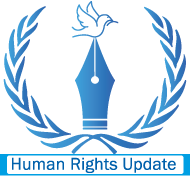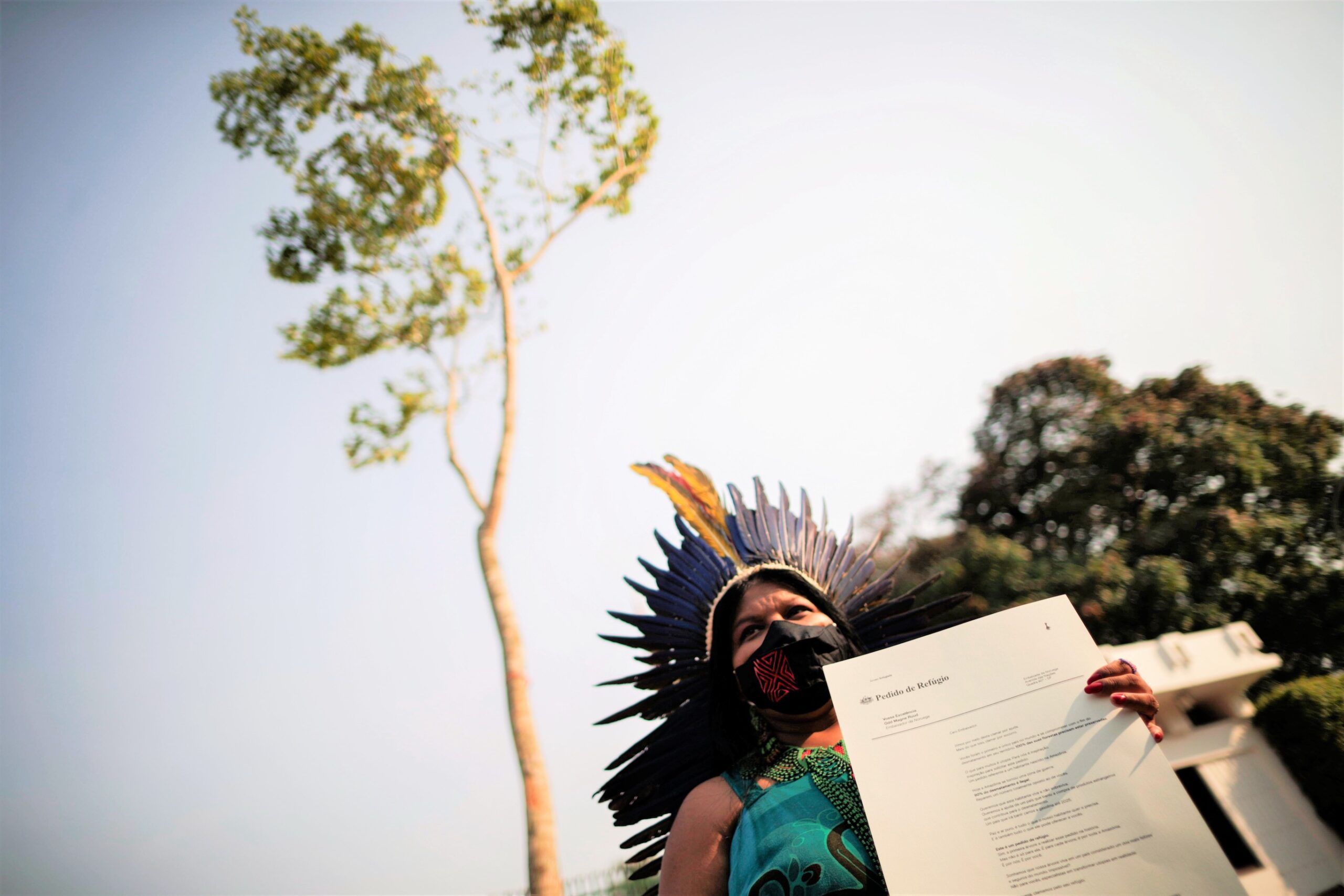In a controversial move, the government of Bangladesh has announced the cancellation of the summer vacation for educational institutions across the country. This decision has sparked outrage among civil society groups, who argue that the government is violating human rights by manipulating the students and undermining the teachers’ movement.
According to the pre-announced rules, schools were supposed to commence their summer vacation on July 20, 2023. However, just one day before the scheduled holiday, the government abruptly reversed its decision and instructed schools to continue with classes as usual. This unexpected change has left students, parents, and teachers bewildered and frustrated.
The civil society of Bangladesh believes that the primary motive behind this sudden cancellation is to suppress the ongoing teachers’ movement. Teachers from across the country have been advocating for the nationalization of their profession, demanding fair treatment and better working conditions. The government’s decision to cancel the summer vacation is seen as an attempt to discourage teachers from participating in the movement and compel them to return to their institutions.
This maneuver by the government has drawn strong criticism from human rights advocates, who argue that it is an infringement on the rights of both teachers and students. Manipulating with students for political gain and denying them a much-needed break from their academic routine is deemed unacceptable. Such actions not only violate human rights but also hinder the overall well-being and development of young minds.
The government’s reluctance to address the demands of teachers and its failure to fulfill promises of nationalization have further exacerbated the situation. The authorities’ disregard for the teachers’ just demands has led to mounting frustration and discontent within the education sector. By misusing its power to strengthen itself before the upcoming election, the government is seen as prioritizing its interests over the welfare of its citizens.
Additionally, the sudden reopening of schools after a brief closure has had a significant impact on the mental well-being of young children. The announcement has caused confusion and anxiety among students who were anticipating a break from their studies. This abrupt change disrupts their routine and adds unnecessary stress to their already challenging academic lives.
The civil society, human rights organizations, and concerned citizens are urging the government to reconsider its decision and respect the rights of teachers and students. They call for a fair and inclusive dialogue to address the legitimate concerns of the teachers’ movement and ensure the well-being of the education system as a whole.
It is crucial for the government to uphold human rights, including the rights of teachers and students, and prioritize the needs of the education sector. By doing so, the government can foster a conducive environment for learning and contribute to the overall progress and development of the nation.






